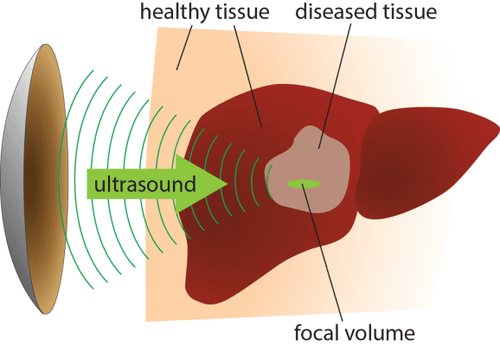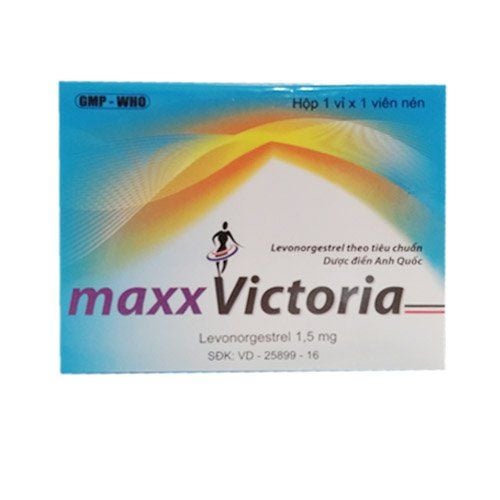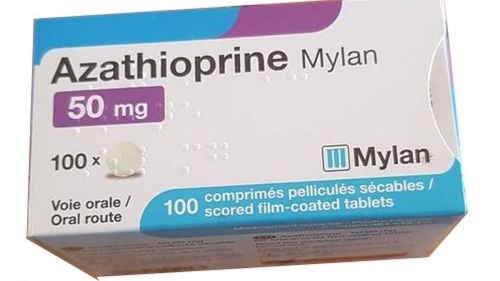This is an automatically translated article.
Article by Master, Doctor Mai Vien Phuong - Department of Examination & Internal Medicine - Vinmec Central Park International General Hospital.
Crohn's disease is a long-lasting chronic condition that varies from person to person, requiring different treatments. There is currently no cure for Crohn's disease. Treatment for Crohn's disease is often treatment to reduce the inflammation causing symptoms and provide long-term remission.
1. What is the prognosis of Crohn's disease?
The disease has periods of flare-ups and remissions
Most people with Crohn's disease go through cycles of flare-ups and remissions.
Common symptoms of a Crohn's flare-up are:
Abdominal pain (pain that gets worse after meals) Diarrhea Painful bowel movements Blood in the stools Weight loss Anemia Fatigue Fatigue Aline Charabaty, M.D., Director of the Disease Center Crohn's disease can also manifest in other ways, such as joint pain, eye inflammation, and skin lesions, says inflammatory bowel disease at MedStar Georgetown University Hospital.
More people are diagnosed each year
More than 700,000 Americans have been diagnosed with Crohn's disease, according to the Crohn's & Colitis Foundation of America (CCFA). That number is continuing to grow.
Charabaty says immune-mediated diseases in general, including inflammatory bowel disease and Crohn's disease, have increased in recent years. This increase is mainly seen in industrialized countries.
Men and women are equally affected, and symptoms can begin at any age. However, it is most commonly seen in adolescents and young adults between the ages of 15 and 35.
Smoking can make symptoms worse
There may be a link between smoking and Crohn's disease. Not only can smoking make people have worse or more frequent symptoms, but some data suggests that smoking may even increase the likelihood of developing Crohn's disease.
Akram Alashari, M.D., surgeon and critical care physician at the University of Florida, says: “Smoking has been reported to affect overall disease severity, with smokers having a higher incidence relapse rate is 34% higher than in non-smokers.

2. There are many unanswered questions about Crohn's disease
There are many unanswered questions about Crohn's disease. The exact cause is unknown and how it will affect a particular person is unpredictable.
There are some people who have many years without symptoms and some people have more frequent flare-ups. It's a lifelong condition, but most people with Crohn's disease live productive and happy lives.
Can I die of Crohn's disease?
People with Crohn's disease have a higher risk of dying from related causes than the general population. Statistics vary with some studies showing only a slightly higher risk while others showing a greater risk.
Newer drugs, such as biologics, are improving disease remission rates.
How to control Crohn's disease?
Your diet can relieve symptoms and promote healing of Crohn's disease.
Your doctor may recommend different diets based on your current treatment and the progression of your Crohn's disease. Some options might be:
A low-fat diet, especially during flare-ups and when fat absorption can be an issue Low-salt diet to reduce water retention during treatment with corticosteroids A low-fiber diet, especially if you've developed a narrow area in your intestinal tract Other lifestyle changes that can help you manage Crohn's disease include:
If you smoke, stop. Eat more small meals than fewer large ones. Identify and avoid food problems that make your symptoms worse. This includes nuts, popcorn, spicy foods, alcohol, carbonated drinks, and caffeine. Maintain your health, including immunizations, screenings, and blood tests. Learn coping strategies to help you enjoy everyday life. Take your medicine as directed by your doctor, even if you feel well. Be positive. Keep in mind that there is a lot of research being done on IBD and many treatments in clinical trials. Better treatments may be just around the corner.

3. Treatment of Crohn's Disease
Drug treatment:
Although symptoms and responses to treatment vary, the first step your doctor may recommend is usually an anti-inflammatory medication, which includes:
cCorticosteroids such as budesonide (Uceris, Entocort) ) and prednisone (Deltasone, Prednicot) 5-aminosalicylate orally, such as mesalamine (Apriso, Delzicol) and sulfasalazine (Azulfidine, Sulfazine), which may be used off-label to prevent relapses of mild to moderate Crohn's disease Your doctor may also try medications that target the immune system, immunosuppressive medications such as: Mercaptopurine (Purixan, Purinethol) and azathioprine (Imuran, Azasan) Methotrexate (Trexall) Adalimumab (Humira, Amjevita), infliximab ( Remicade) and certolizumab pegol (Cimzia) Natalizumab (Tysabri) and vedolizumab (Entyvio) Ustekinumab (Stelara) If your doctor has identified an abscess or fistula, your doctor may recommend antibiotics, including:
Metronidazole (Flagyl) Ciprofloxacin (Cipro, Proquin) An over-the-counter medicine that your doctor may recommend This includes:
Pain relievers such as cetaminophen (Tylenol) Diarrhea relievers such as methylcellulose (Citrucel), psyllium powder (Metamucil) or loperamide (Imodium) Iron supplements Vitamin B-12 injections Calcium and vitamin D supplements Surgery :
Many people with Crohn's disease will never need surgery, but up to 75% of cases will have to consider this. Your doctor may recommend surgery to:
Repair damaged parts of the digestive tract Close the fistula, drain the abscess Conclusion
There are a number of medications and lifestyle changes that can help symptoms of Crohn's disease. For many people, these treatments can also lead to long-term remission.
Early diagnosis and access to the right professionals can make it easier to manage Crohn's disease. If you suspect you may have this condition, talk to your doctor. The sooner treatment is received, the sooner the patient can lead a normal life, without pain or discomfort.
Please dial HOTLINE for more information or register for an appointment HERE. Download MyVinmec app to make appointments faster and to manage your bookings easily.
References
Chu TPC, et al. (2017). The pattern of underlying cause of death in patients with inflammatory disease in England: A record linkage study. DOI: 10.1093/ecco-jcc/jjw192 Duricova D, et al. (2010). Overall and cause-specific mortality in Crohn's disease: A meta-analysis of population-based studies. DOI: 10.1002/ibd.21007 Hartery K, et al. (2017). Evolution of Crohn's disease treatment in clinical practice: A 25 year single center cohort study. ecco-ibd.eu/publications/congress-abstract-s/abstracts-2017/item/p578-evolution-of-crohn-s-disease-treatment-in-clinical-practice-a-25-year-single-centre- cohort-study-2.html Kassam Z, et al. (2014). Inflammatory bowel disease cause-specific mortality: A primer for clinicians. DOI: 10.1097/MIB.0000000000000173














